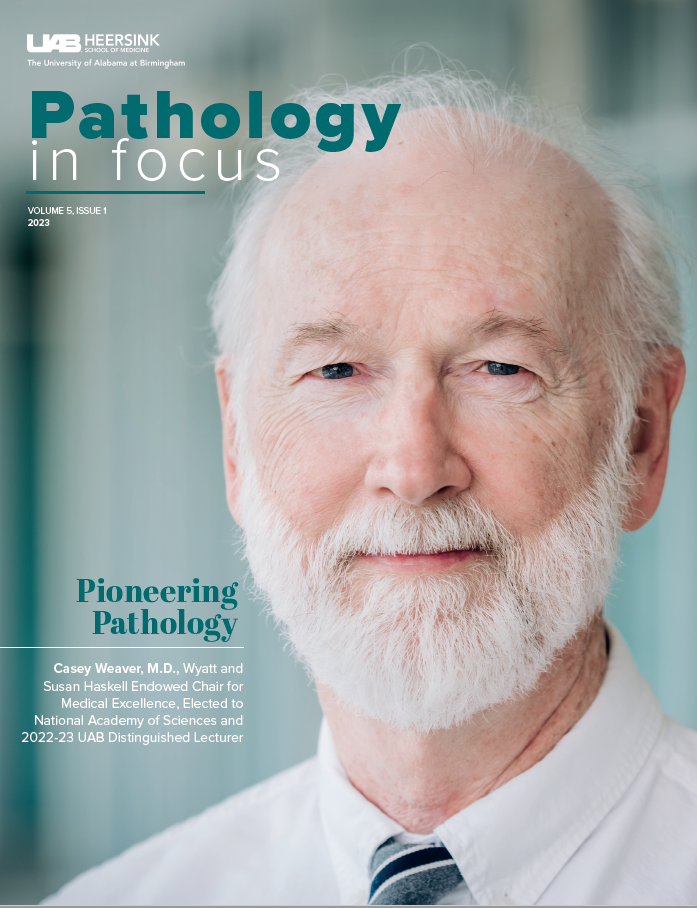By:
Published Date: Apr 18
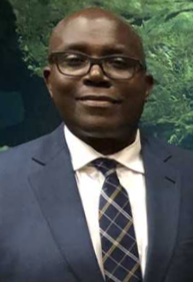
The UAB Department of Pathology recently welcomed a new faculty member to the Division of Anatomic Pathology, directed by Cristina Magi-Galluzzi, M.D., Ph.D. Joshua Baalwa, M.D., Ph.D., joins the Department as an Assistant Professor in our Community Pathology Practice Program, coming to UAB from the Lyndon Baines Johnson General Hospital in Houston, Texas, where he served as medical director of the Clinical Pathology Laboratory.
This is not Dr. Baalwa’s first experience as a Blazer: He spent six years completing a Ph.D. in the UAB Division of Molecular and Cellular Pathology, earning it in 2012. In 2013 he completed a postdoctoral fellowship with the Department of Medicine before moving to complete a residency with the Department of Pathology & Immunology at Baylor College of Medicine. Baalwa continued his time at Baylor from 2017 to 2018 by securing a Surgical Pathology Fellowship.
Following the completion of his fellowship at Baylor, Dr. Baalwa accepted a fellowship in hematopathology with the Department of Pathology & Immunology at Washington University School of Medicine in St. Louis.
Dr. Baalwa has recently received multiple awards in his field for both teaching and in clinical pathology administration and leadership. In 2021, he received the UTHealth McGovern Medical School Dean’s Teaching Excellence Award, and in 2022 he received a Top Doctors peer recognition award for excellence in clinical pathology for the Houston area. Prior to coming to UAB, he also served on the medical school admissions committee for the UTHealth McGovern Medical School.
In addition to his medical work, Dr. Baalwa has participated in community projects for his home country of Uganda, where he worked as senior house officer, Department of Internal Medicine, at the Mulago National Referral Hospital from 2001 to 2004, and as registrar until 2006. From delivering medication donations to the construction of sanitary facilities, Baalwa has demonstrated his dedication to giving back to his country through the volunteer work he has done in the community there. He was also a regular volunteer with the Houston FoodBank.
Please join us in welcoming Dr. Joshua Baalwa back to the UAB Department of Pathology, as a member of our faculty.
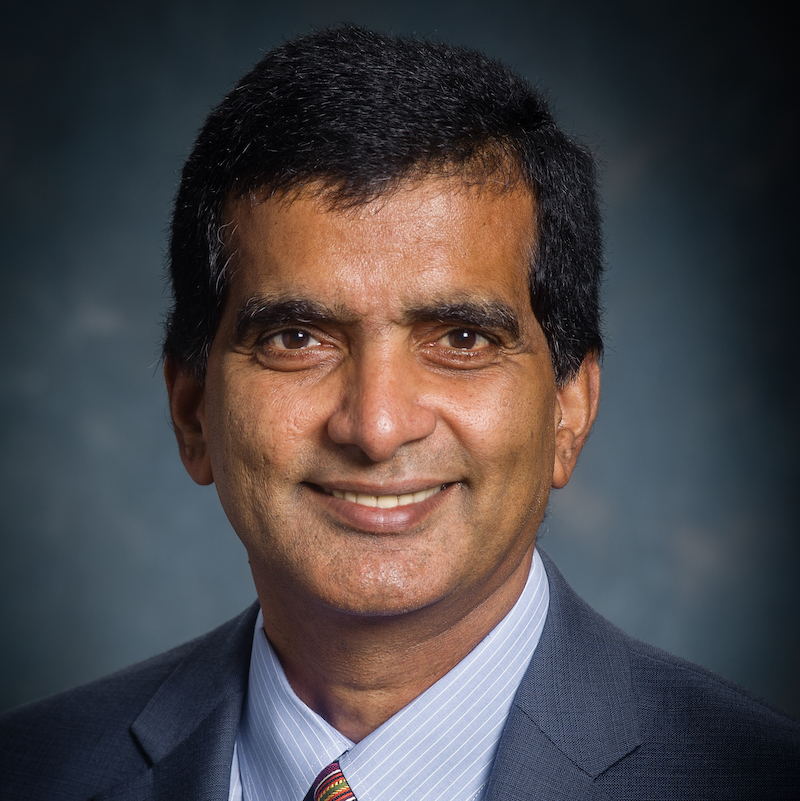
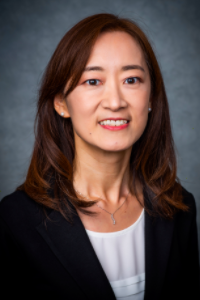 by Hannah Buckelew
by Hannah Buckelew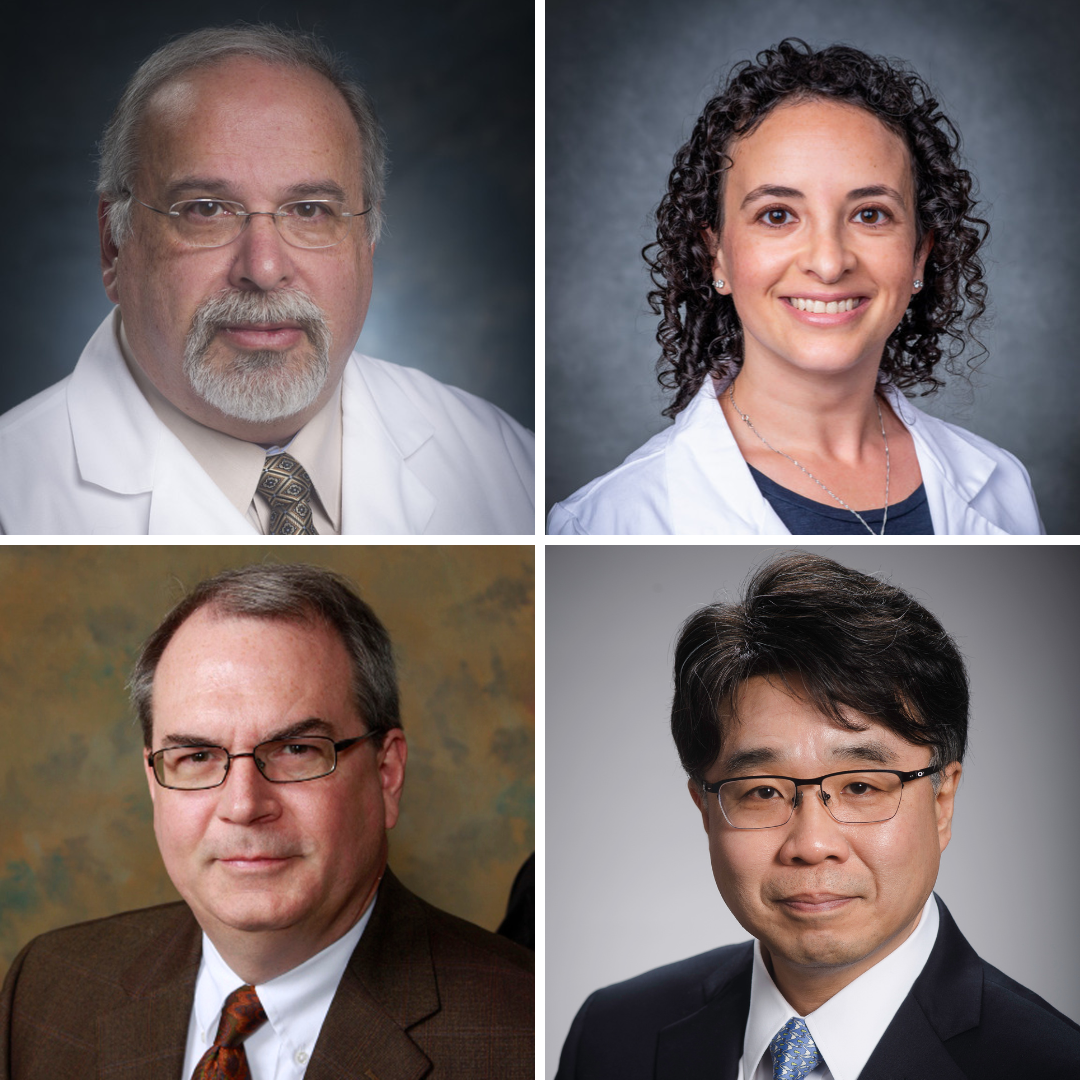 Four UAB Pathology faculty members have been elected to the
Four UAB Pathology faculty members have been elected to the 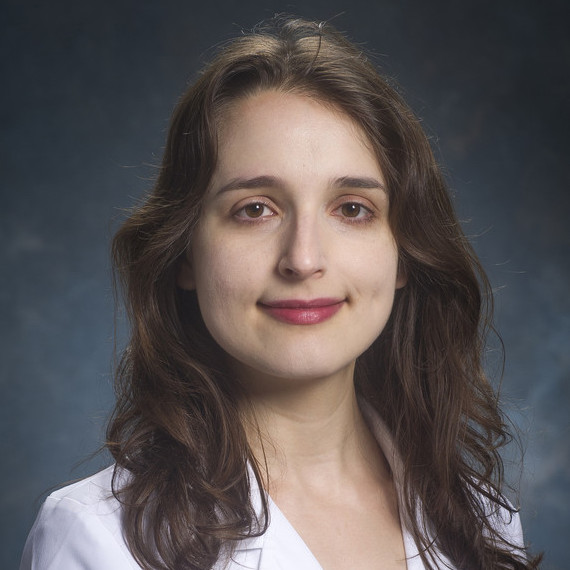 Diana Lin, M.D., assistant professor in the Department of Pathology’s Division of Anatomic Pathology, has been awarded the junior faculty 2023 Dean’s Excellence Award in Teaching.
Diana Lin, M.D., assistant professor in the Department of Pathology’s Division of Anatomic Pathology, has been awarded the junior faculty 2023 Dean’s Excellence Award in Teaching.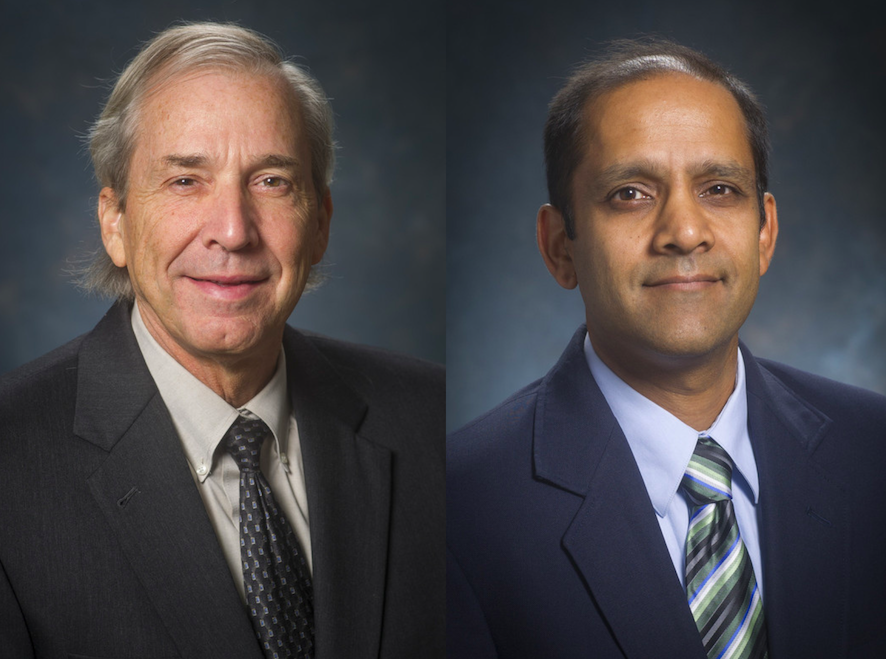
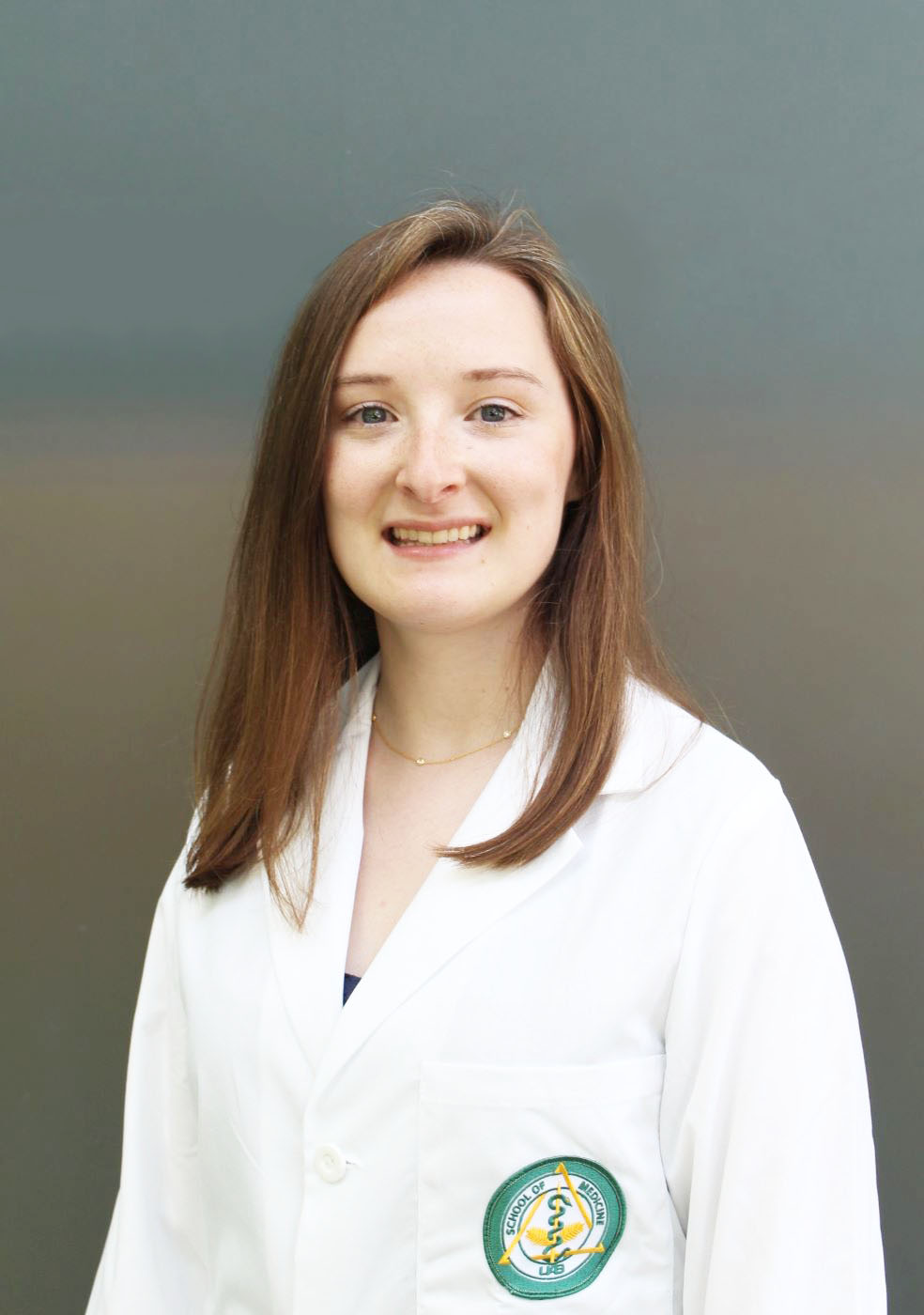 Caroline Stanek, M.D., a PGY-2 in the UAB Department of Pathology, has recently been named a
Caroline Stanek, M.D., a PGY-2 in the UAB Department of Pathology, has recently been named a 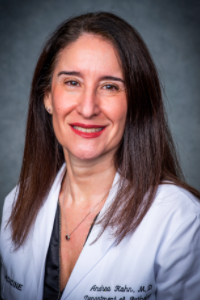
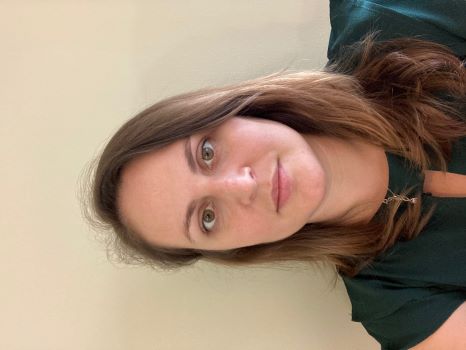 Camilla Bell, M.Sc., Ph.D., an assistant professor in the UAB Department of Pathology’s Division of Molecular and Cellular Pathology, has been awarded a grant by Vertex Pharmaceuticals as part of the Research Innovation Award (RIA) for her proposal, “Impact of pathogenic immunity in CF-related diabetes.” Only two of these awards are given annually. This three-year $750,000 award will focus on the pathological immune response in cystic fibrosis related diabetes (CFRD).
Camilla Bell, M.Sc., Ph.D., an assistant professor in the UAB Department of Pathology’s Division of Molecular and Cellular Pathology, has been awarded a grant by Vertex Pharmaceuticals as part of the Research Innovation Award (RIA) for her proposal, “Impact of pathogenic immunity in CF-related diabetes.” Only two of these awards are given annually. This three-year $750,000 award will focus on the pathological immune response in cystic fibrosis related diabetes (CFRD).
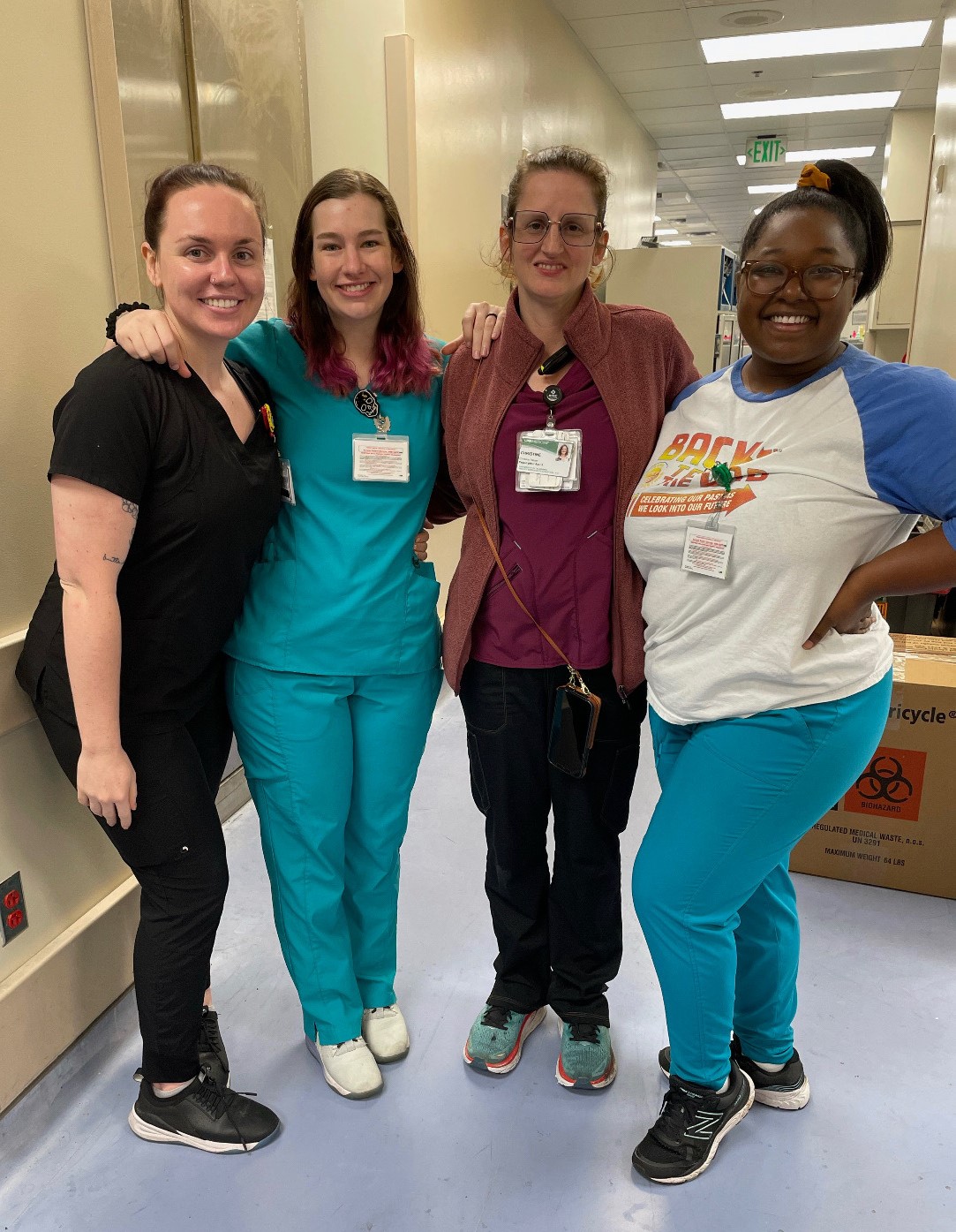 April 14 is the 10th annual Pathologists’ Assistant (PA) Day, a day of appreciation led by the
April 14 is the 10th annual Pathologists’ Assistant (PA) Day, a day of appreciation led by the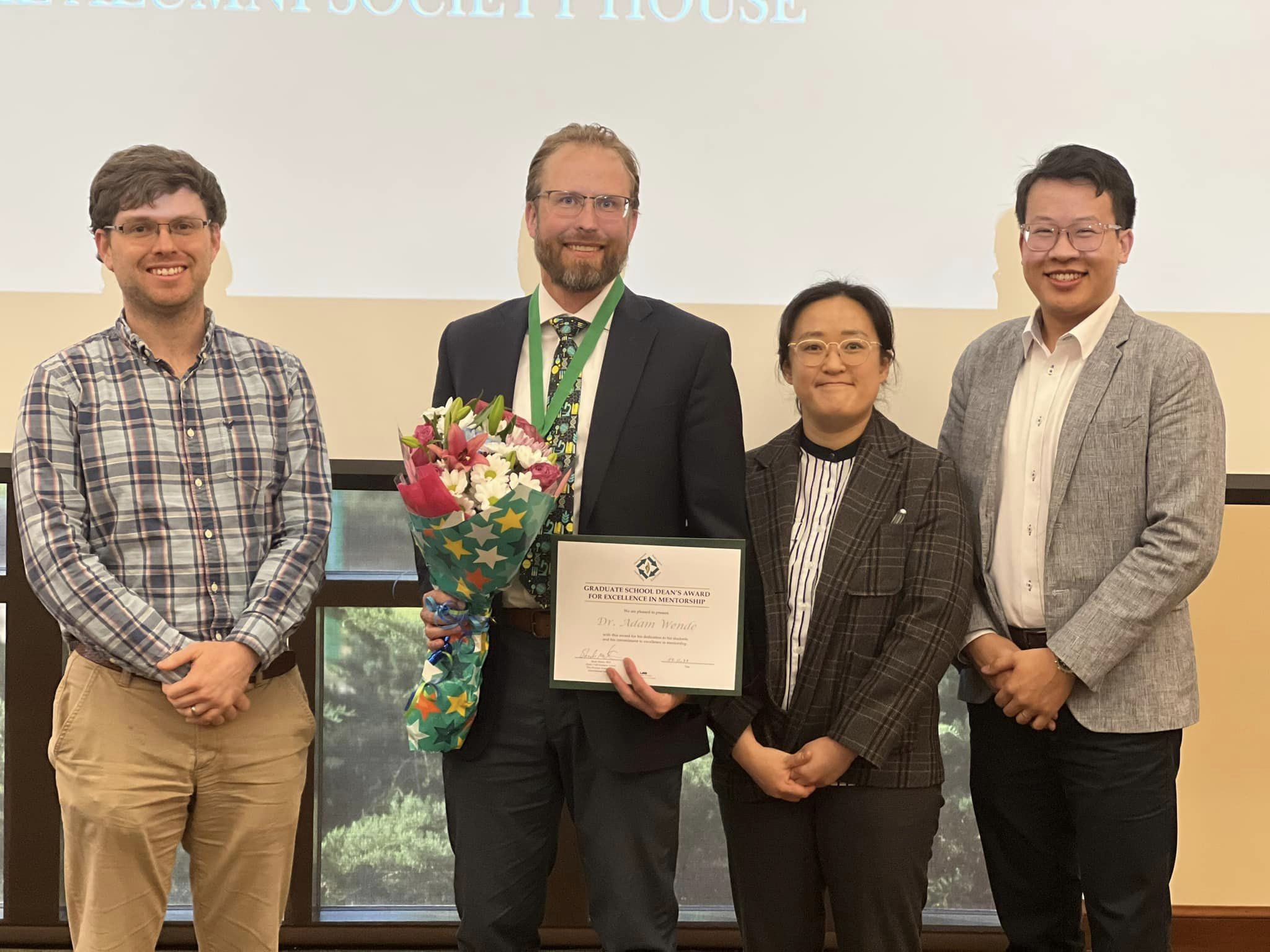
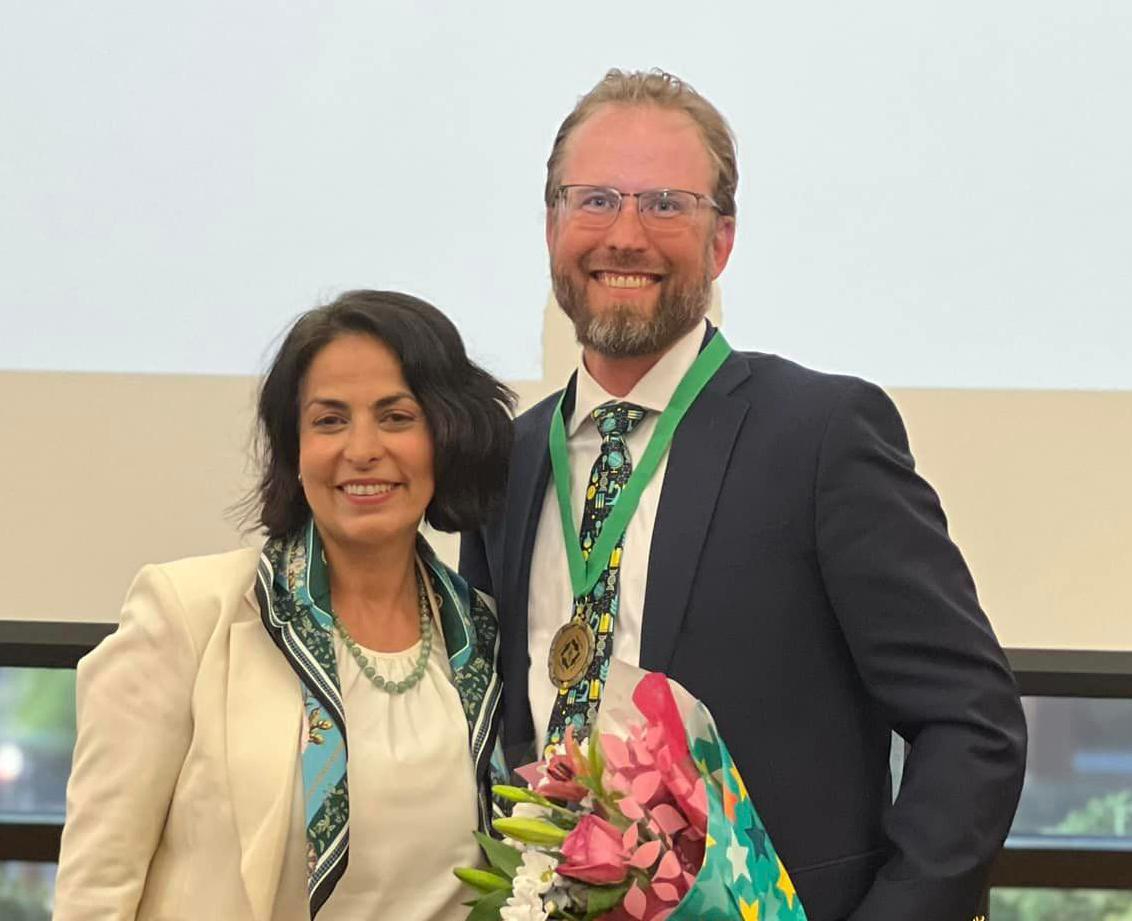
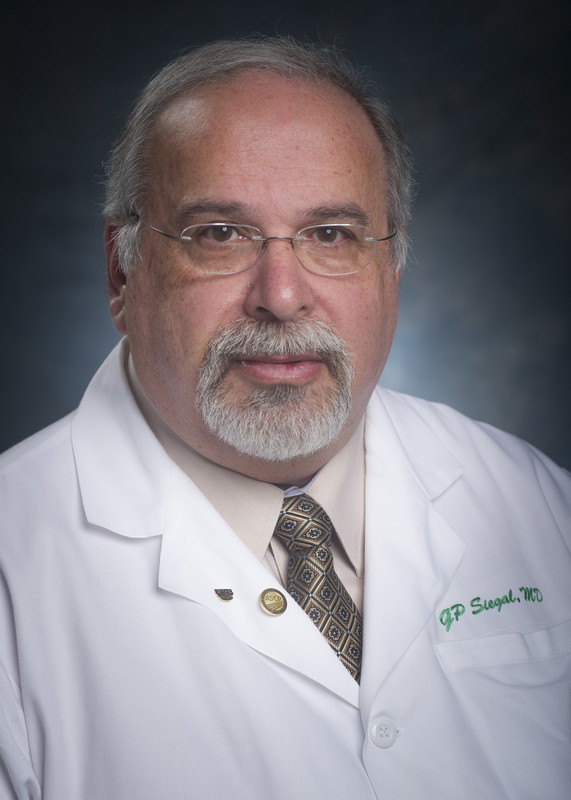
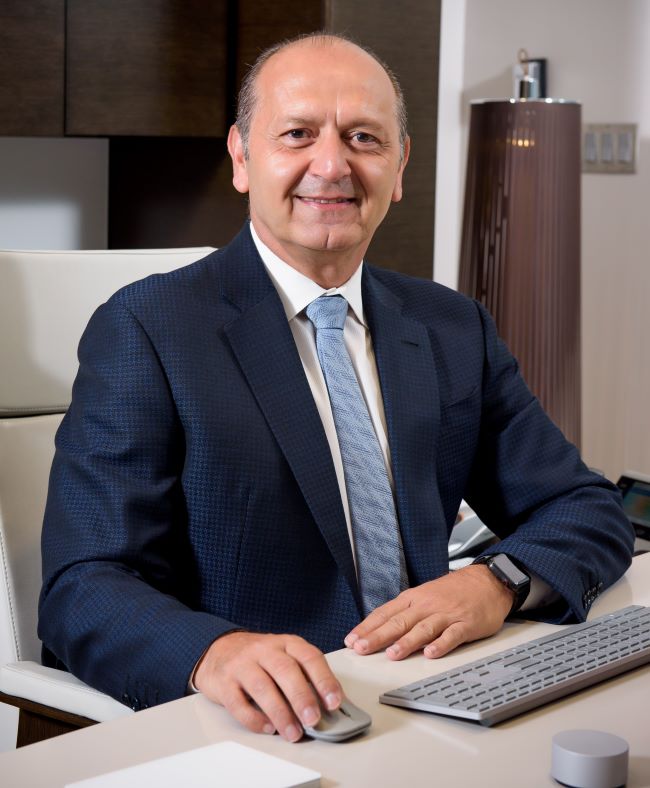
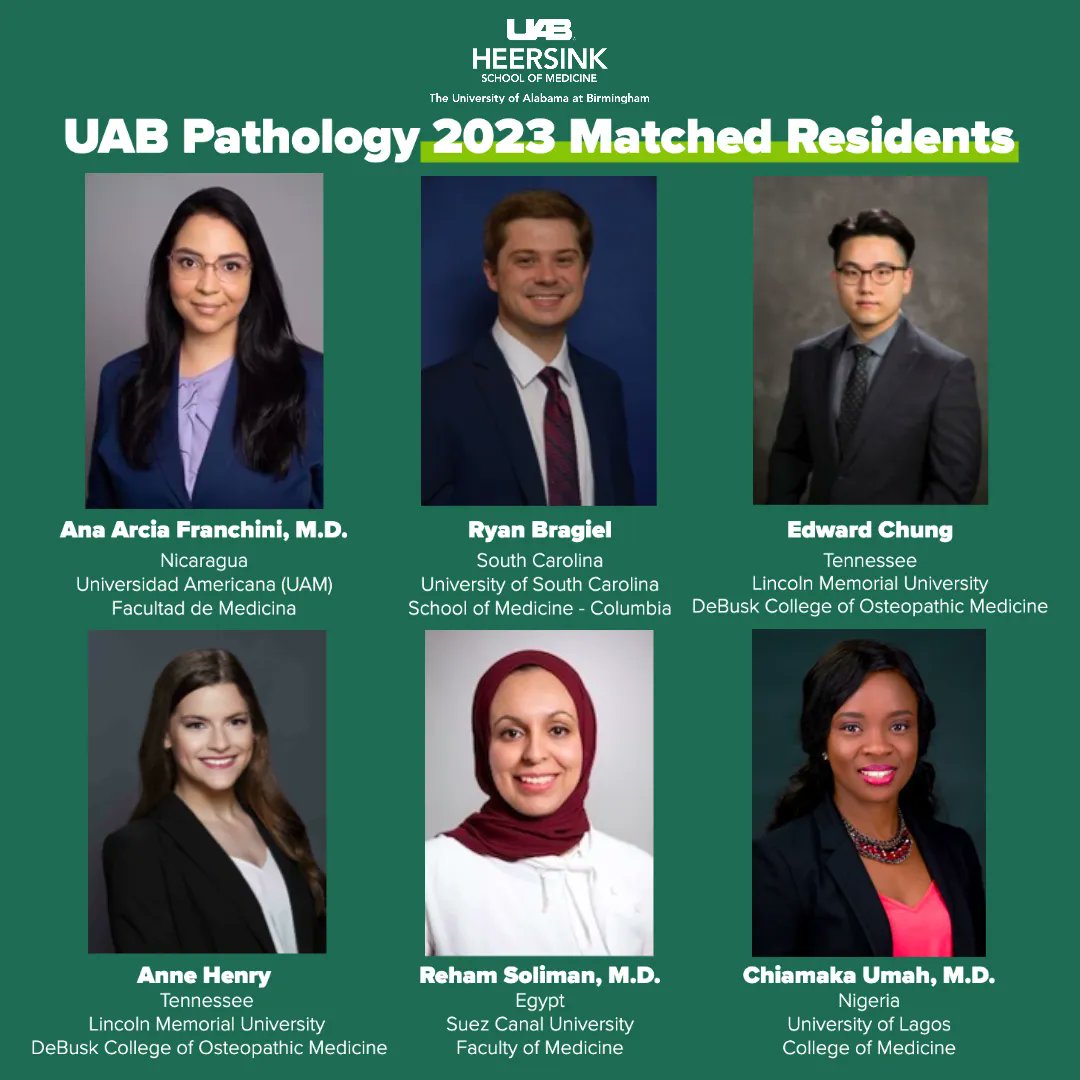 by Hannah Buckelew
by Hannah Buckelew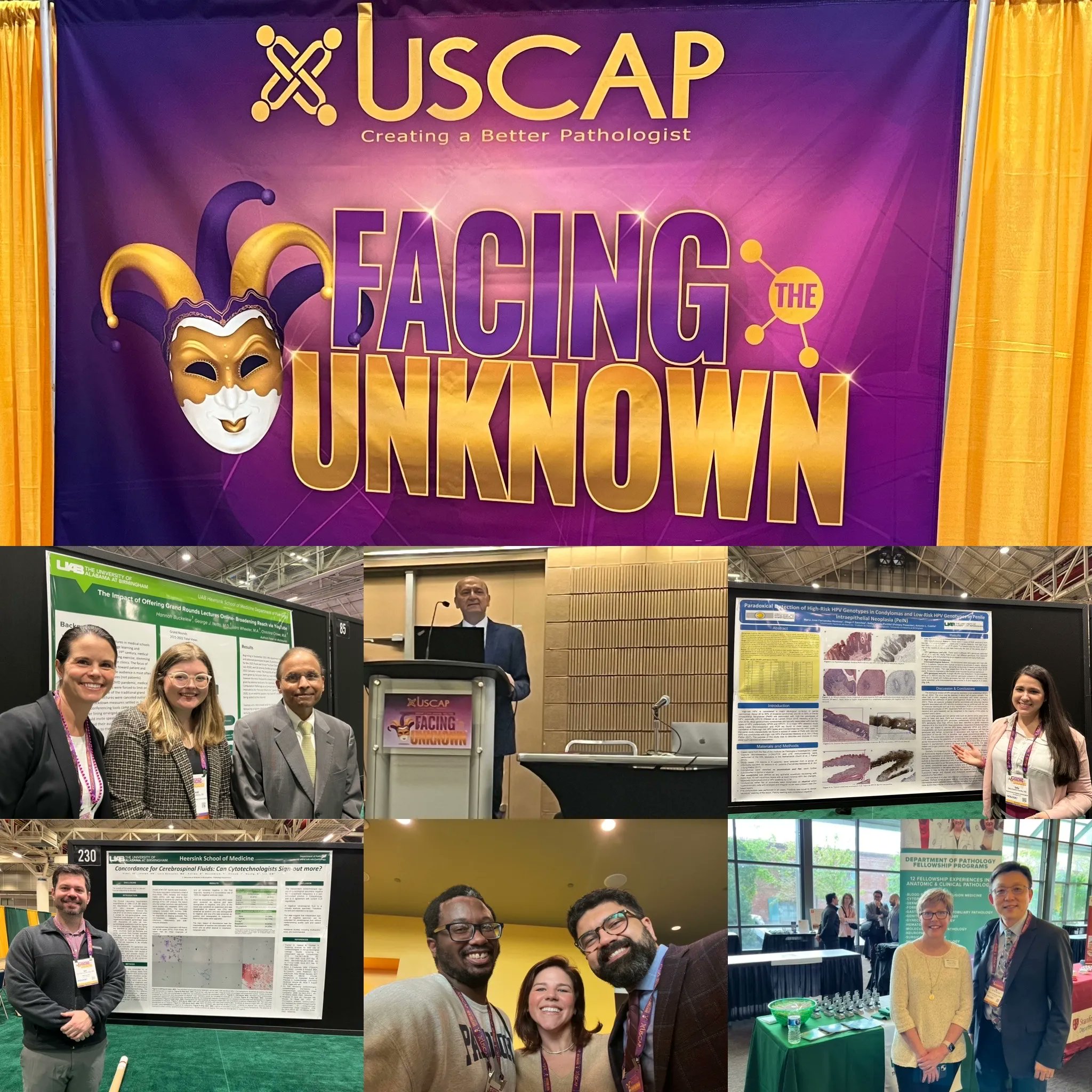 by Hannah Buckelew
by Hannah Buckelew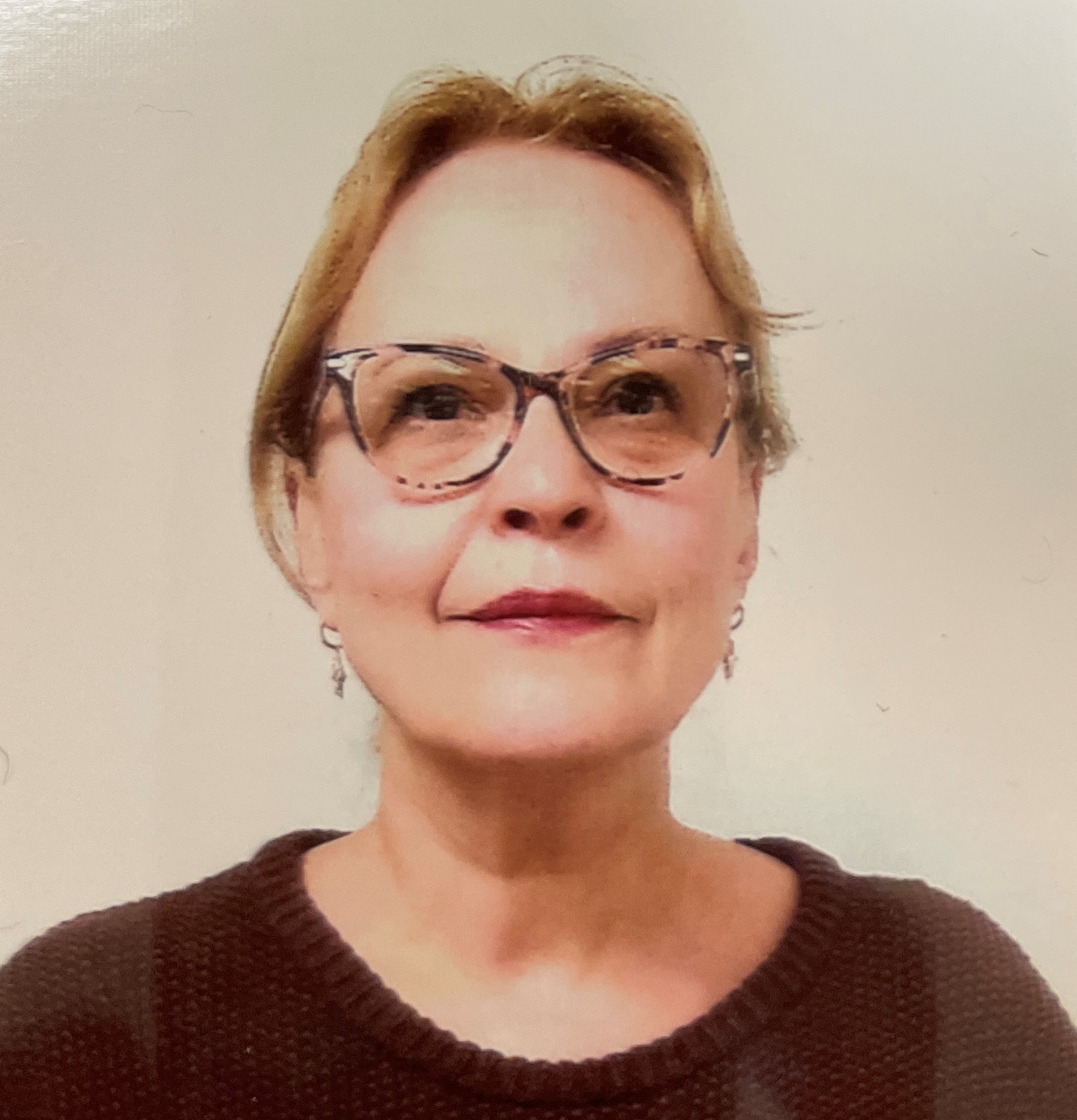 by Jacob Taylor
by Jacob Taylor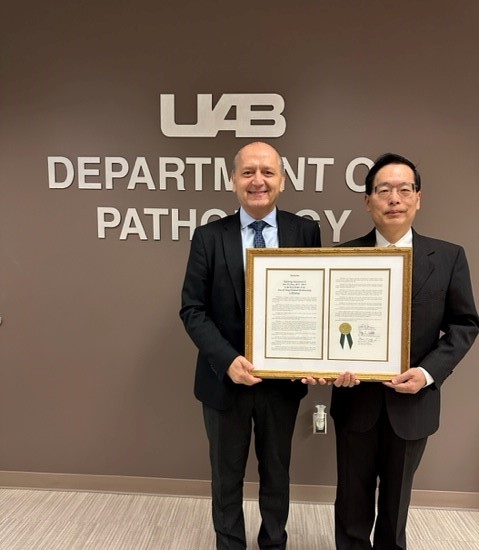
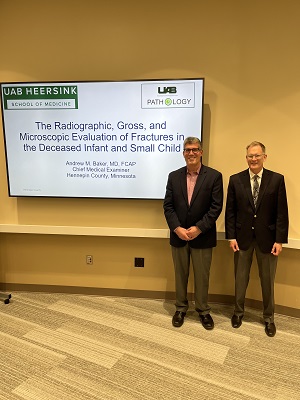
 On March 21 several of our colleagues will be recognized for their years of service working at UAB and the Department of Pathology.
On March 21 several of our colleagues will be recognized for their years of service working at UAB and the Department of Pathology.